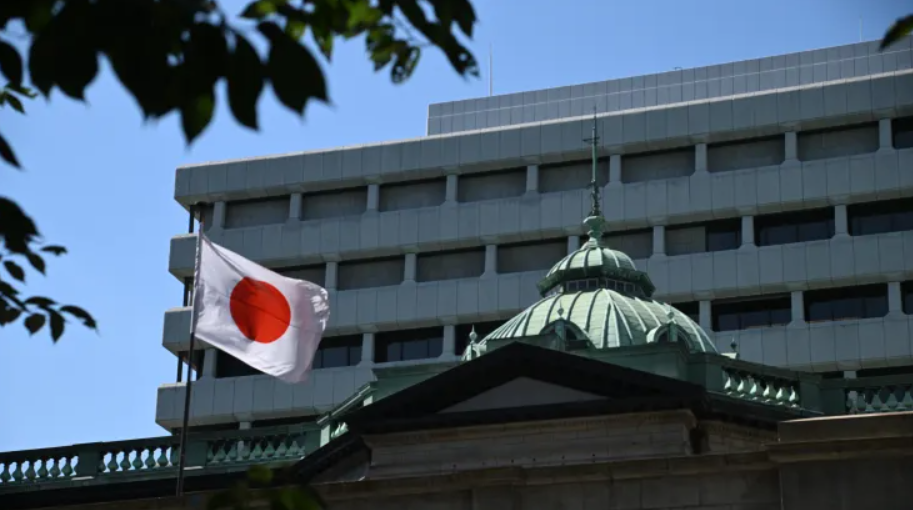The Bank of Japan (BOJ) has decided to maintain its long-standing easy credit policy, keeping its negative benchmark interest rate unchanged. The central bank announced on Tuesday that it will continue to monitor price and wage trends before considering any adjustments to its monetary policy.
This decision comes as no surprise to investors and analysts, who widely anticipated the BOJ’s cautious approach amidst rising inflation. In recent months, Japan has experienced price increases that have pushed inflation above the BOJ’s 2% target, raising concerns about the sustainability of the current monetary policy stance.
Following the announcement, the U.S. dollar gained ground against the Japanese yen, and stock prices surged. The BOJ’s benchmark rate of negative 0.1% is intended to incentivize banks to increase lending and stimulate borrowing by businesses and consumers, thereby boosting the country’s economy, which is the world’s third-largest.
In addition to maintaining its negative interest rate, the BOJ has been actively purchasing trillions of dollars worth of government bonds and other assets as part of its strategy to inject liquidity into the economy. This approach aims to counteract the effects of Japan’s shrinking and aging population, which pose long-term challenges to economic growth.
While the BOJ’s decision to maintain its current policy was expected, it has raised speculation about the central bank’s future course of action. With inflationary pressures mounting, there is growing anticipation that the BOJ may eventually adjust its monetary policy to address the changing economic landscape.
The BOJ’s commitment to closely monitoring price and wage trends reflects its cautious approach to navigating the delicate balance between supporting economic growth and managing inflationary pressures. As Japan continues to grapple with demographic challenges and the evolving global economic environment, the BOJ’s future decisions will be closely watched for their potential impact on the country’s economy and financial markets.
(Source: CNBC | Associated Press)









